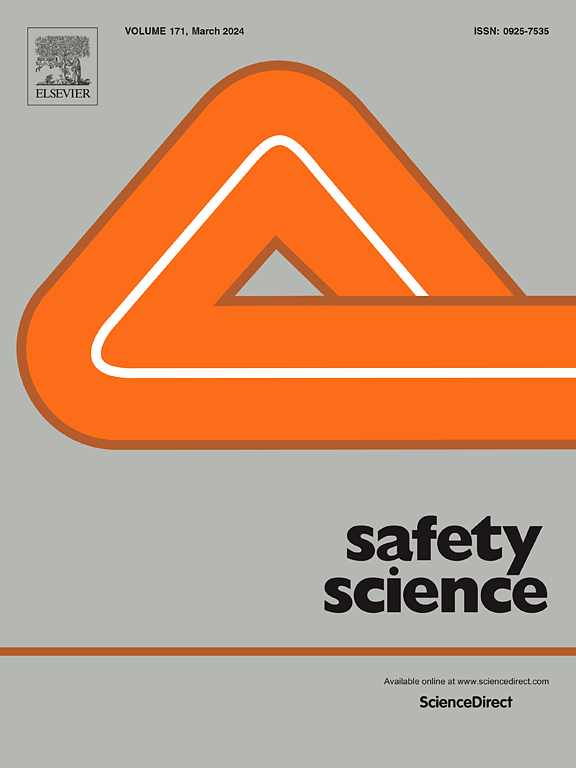台湾数字平台工作者的社会心理工作条件与健康状况:混合方法研究
IF 4.7
1区 工程技术
Q1 ENGINEERING, INDUSTRIAL
引用次数: 0
摘要
背景平台工作的快速发展引发了职业安全和健康问题。本研究调查了通过数字劳动平台中介从事基于位置的工作的工人的社会心理工作条件和健康状况,并将其与普通工人进行了比较。访谈探讨了与平台工作相关的四个主题:工作动机、社会心理工作条件、与工作相关的健康问题以及对政府法规的态度。深入访谈发现了平台工作者的不利工作条件,包括技能自由裁量权低、身心要求高、工作场所心理暴力经历、客户与平台互动产生的冲突以及平台从属地位。从事平台工作的动机包括赚钱、更灵活的时间安排以及将其作为正式工作之间的桥梁。受访者希望得到工作技能培训和教育,希望他们与平台的雇佣关系得到认可,希望平台加强监管以提高对工人的保护。调查数据显示,平台工人的工作条件和健康状况比普通工人差。需要采取政策干预措施来改善工作条件、明确雇佣关系并强制开展培训。本文章由计算机程序翻译,如有差异,请以英文原文为准。
Psychosocial work conditions and health status of digital platform workers in Taiwan: A mixed method study
Background
The rapid growth of platform work has raised occupational safety and health concerns. This study investigated the psychosocial work conditions and health status of workers engaged in location-based work mediated through digital labor platforms and compared them with the general workers.
Methods
We conducted semi-structured interviews with 33 platform workers in November and December 2020, along with a cross-sectional survey of 484 platform workers in December 2021 and January 2022. The interviews explored four themes related to platform work: work motives, psychosocial work conditions, work-related health issues, and attitudes toward governmental regulations. The survey assessed psychosocial work conditions and health, and were compared with a matched sample of 913 general workers from a national survey.
Results
The in-depth interviews identified adverse work conditions among platform workers, including low skill discretion, high physical and psychological demands, experiences of workplace psychological violence, conflicts from customer-platform interactions, and platform subordinance. Motives for engaging in platform work included earning money, having better flexibility in scheduling, and utilizing it as a bridge between formal employments. Interviewees desired skill training and education for their job, as well as recognition of their employment relationship with platforms and tighter regulations on the platforms to enhance worker protection. In survey data, platform workers showed worse work conditions and health status than general workers.
Conclusion
Platform work is characterized by various types of work stress that are worse than those experienced by general workers. Policy interventions are needed to improve working conditions, clarify employment relationships, and mandate training.
求助全文
通过发布文献求助,成功后即可免费获取论文全文。
去求助
来源期刊

Safety Science
管理科学-工程:工业
CiteScore
13.00
自引率
9.80%
发文量
335
审稿时长
53 days
期刊介绍:
Safety Science is multidisciplinary. Its contributors and its audience range from social scientists to engineers. The journal covers the physics and engineering of safety; its social, policy and organizational aspects; the assessment, management and communication of risks; the effectiveness of control and management techniques for safety; standardization, legislation, inspection, insurance, costing aspects, human behavior and safety and the like. Papers addressing the interfaces between technology, people and organizations are especially welcome.
 求助内容:
求助内容: 应助结果提醒方式:
应助结果提醒方式:


